Evolving College Athletics

College athletics has undergone several significant changes in recent years, including developments related to NIL (Name, Image, and Likeness), collectives, the transfer portal, and unionization as well as significant recent and pending litigation against the NCAA.
* NIL (Name, Image, and Likeness): Prior to July 2021, NCAA rules prohibited college athletes from profiting off their name, image, and likeness. However, in response to growing pressure and legal challenges, the NCAA changed its rules, allowing student-athletes to benefit from their NIL. This means athletes can now earn money through endorsement deals, sponsorships, social media, and other commercial opportunities. Some schools have partnered with sports agencies to build an infrastructure for NIL support services on campus, providing student athletes with a central point of contact and access to specialized expertise to help them maximize their potential in in the dynamic landscape of collegiate athletics. Schools have also established an NIL General Manager to work on campus with athletics departments to develop strategies and infrastructure, educate internal and external stakeholders, support student-athletes in their NIL pursuits, and build awareness of NIL initiatives.
* Collectives: In the context of NIL deals in college sports, collectives are groups or organizations that represent and support student-athletes in the monetization of their NIL rights. These collectives serve as intermediaries between athletes and potential endorsement opportunities, helping athletes navigate the complex landscape of NIL deals. Since the NCAA has revised its rules to allow college athletes to profit from their NIL, many student-athletes have sought representation and guidance to maximize their earning potential while complying with NCAA regulations. Collectives are typically composed of professionals such as agents, lawyers, marketing experts, and financial advisors who specialize in helping student-athletes with NIL opportunities. They provide a range of services, including contract negotiation, brand management, legal advice, financial planning, and marketing strategies. They work closely with student-athletes to identify endorsement opportunities, negotiate fair deals, protect their rights, and ensure compliance with NCAA guidelines and applicable state laws. They act as a bridge between athletes and companies/non-profits interested in partnering with them for advertising campaigns, sponsorships, social media promotions, and other marketing initiatives. As NIL regulations continue to evolve and more student-athletes explore NIL opportunities, collectives play a vital role in assisting athletes in navigating this new landscape and ensuring they make the most of their NIL rights while staying compliant with NCAA and state regulations.
* Transfer Portal: The transfer portal in college sports is a system that facilitates the transfer process for student-athletes who want to switch from one university to another while still maintaining their eligibility to compete in their sport. When a student-athlete decides they want to transfer, they notify their current school's athletic department and request to enter the transfer portal. Once in the portal, other college coaches and athletic departments can see their information and potentially reach out to express interest in recruiting them. It's important for both student-athletes and schools involved to ensure the transfer process complies with NCAA rules and regulations regarding eligibility, recruiting, and scholarships. Once a student-athlete finds a new school that they want to transfer to and meets all the necessary requirements, they can officially transfer and begin competing for their new school after fulfilling any required sit-out period or gaining immediate eligibility waivers, depending on the sport and the NCAA rules.
Let’s Grow Your Business
I am here to provide strategic insights and actionable solutions to help your business succeed. Reach out today, and let’s start building the right approach for your goals.
